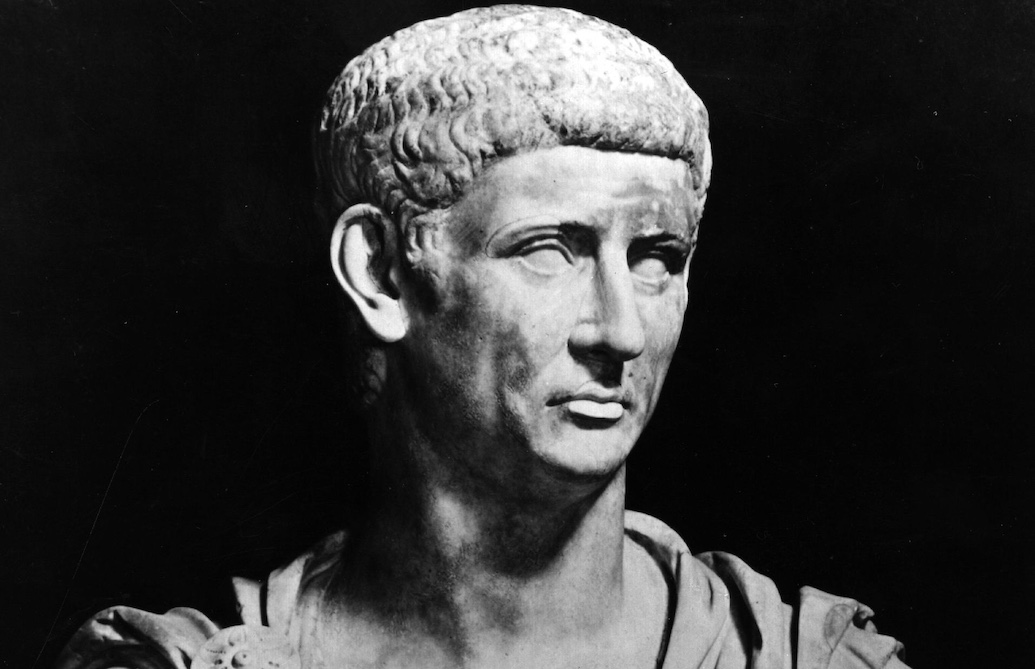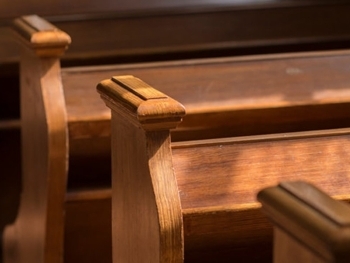The name Claudius stands as a testament to the intricate tapestry of power, intrigue, and contradiction that characterized the ancient empire. As the fourth Emperor of Rome, Claudius wielded authority during one of the most pivotal periods in Roman history, leaving behind a legacy both enigmatic and contentious. From his humble beginnings to his ascent to the imperial throne, Claudius's story is one marked by triumph, tragedy, and the enduring quest for legitimacy.
At the heart of the Claudian narrative lies the paradox of his reign. On one hand, he is hailed as a reformer and administrator par excellence, credited with expanding the empire's infrastructure and bureaucracy. On the other, he is often remembered as "Claudius the Cruel," a ruler whose penchant for ruthlessness and suspicion cast a shadow over his accomplishments.
Claudius's journey to power was anything but straightforward.
Born in 10 BCE into the influential Claudian family, he suffered from various physical ailments, including a limp and a speech impediment, which led many to underestimate his abilities. Amidst the power struggles of the Julio-Claudian dynasty, Claudius found himself sidelined, relegated to the periphery of imperial politics. Yet, it was precisely this underestimation that proved to be his greatest asset.
When his nephew, the Emperor Caligula, was assassinated in 41 CE, the Praetorian Guard, in a surprising turn of events, proclaimed Claudius as Emperor. His unexpected rise to power was met with skepticism and derision from the Roman elite, who viewed him as a feeble-minded figurehead. However, Claudius swiftly moved to consolidate his authority, embarking on a series of reforms aimed at strengthening the empire's governance and infrastructure.
Central to Claudius's reign was his ambitious public works projects, which aimed to revitalize Rome and its provinces. His extensive building programs included the construction of aqueducts, roads, and bridges, laying the foundation for centuries of Roman prosperity. The iconic Claudius statue and Roman emperor bust serve as enduring symbols of his commitment to imperial grandeur, immortalizing his image for posterity.
Despite his administrative prowess, Claudius's reign was marred by episodes of brutality and political intrigue.
The infamous assassination of his wife, Messalina, on charges of conspiracy and adultery, underscores the darker aspects of his rule. Likewise, his treatment of perceived threats to his authority, including the execution of several prominent senators, earned him the epithet "Claudius the Cruel."
However, it would be reductive to view Claudius solely through the lens of his cruelty. His reign witnessed significant expansions of Roman territory, including the annexation of Britannia and Mauretania. Moreover, Claudius's patronage of the arts and sciences contributed to a flourishing cultural renaissance, with writers such as Seneca and Livy flourishing under his reign.
In death, Claudius's legacy remains a subject of debate and interpretation. While some historians laud his administrative achievements and contributions to Roman governance, others condemn his authoritarian tendencies and ruthless pursuit of power. The Claudius statue and Roman emperor bust serve as tangible reminders of his complex and multifaceted legacy, inviting us to grapple with the contradictions inherent in the history of Rome's imperial past.
Claudius the Cruel, the fourth Emperor of Rome, occupies a unique place in the pantheon of Roman rulers. His reign, characterized by both triumph and tragedy, offers a fascinating glimpse into the complexities of power and governance in ancient Rome. As we contemplate his legacy, we are reminded of the enduring allure and ambiguity of one of history's most enigmatic figures.




